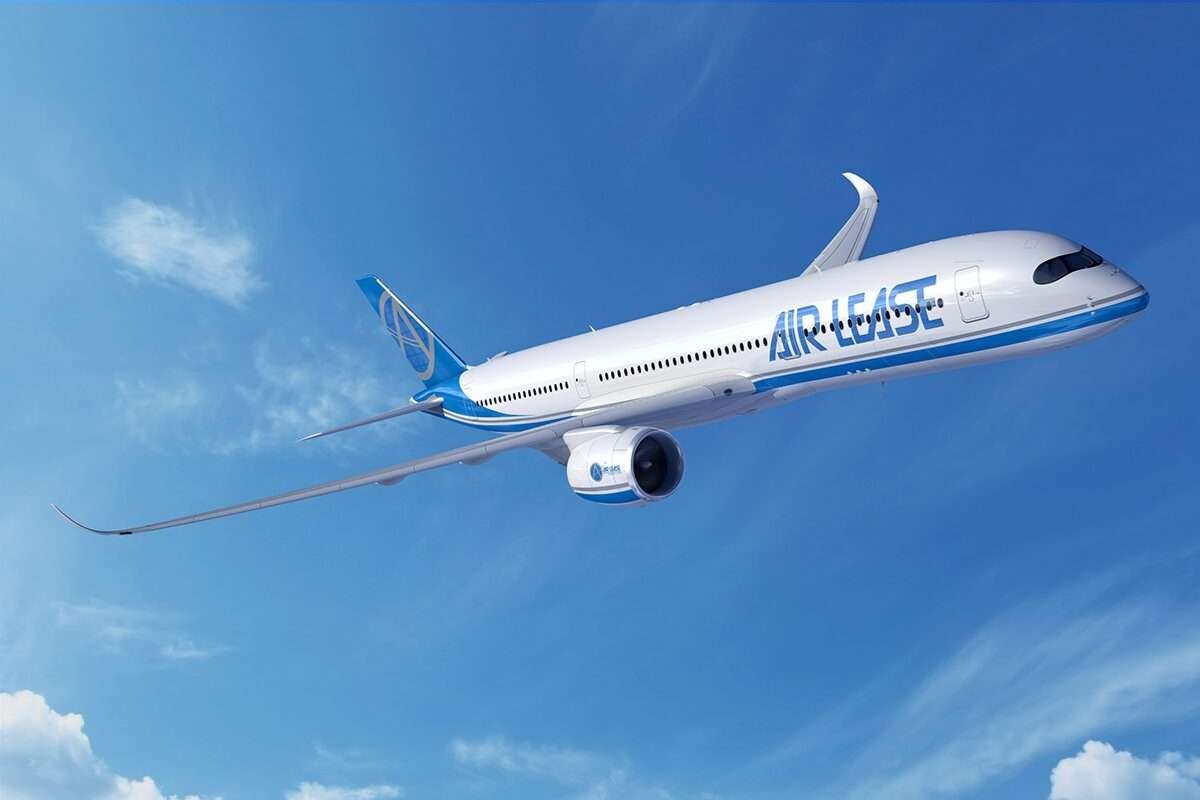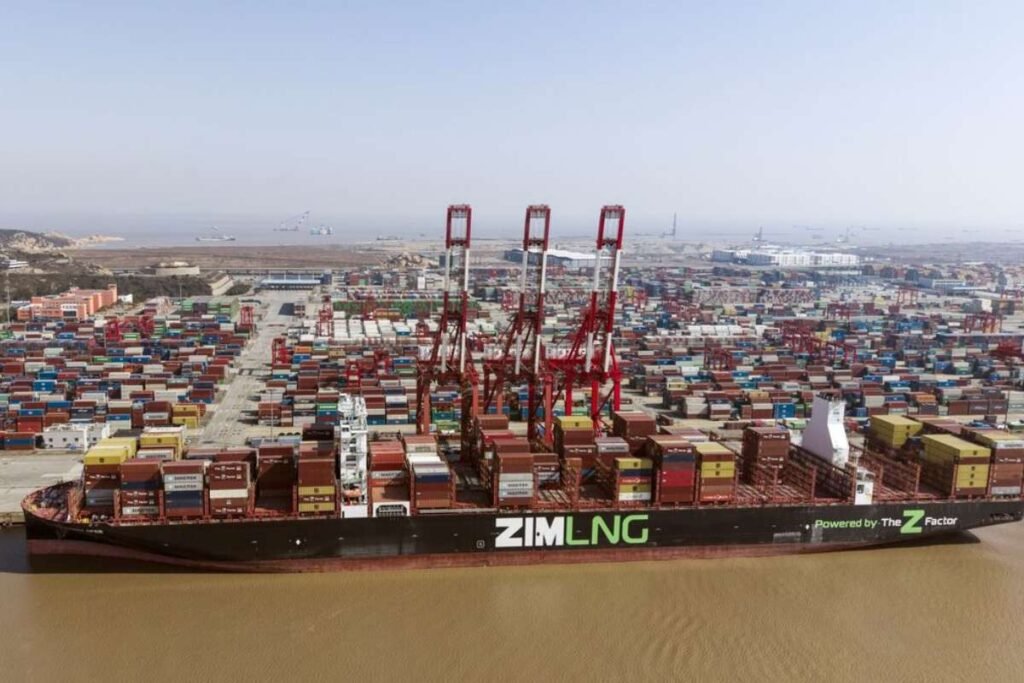Aircraft leasing company Air Lease, founded by aviation pioneer Steven Udvar-Házy, has agreed to a $7.4 billion takeover deal that will take the Los Angeles-based firm private. The acquisition, announced Tuesday, highlights growing consolidation in the aircraft leasing industry, which already controls more than half of the world’s commercial passenger fleet.
The buyer consortium is led by Japan’s Sumitomo Corporation and SMBC Aviation Capital, with participation from asset managers Apollo and Brookfield. Under the terms, Air Lease shareholders will receive $65 per share, representing nearly an 8% premium to the stock’s last closing price. Including debt, the investors are valuing Air Lease at approximately $28.2 billion.
A Consolidation Wave in Leasing
Aircraft lessors play a central role in global aviation by renting aircraft to airlines. This model allows carriers to preserve capital instead of purchasing planes outright, a significant advantage when new aircraft can cost upwards of $100 million at list prices.
The deal is set against a backdrop of increasing consolidation within the leasing industry. According to consulting firm IBA Group, lessors currently own about 58% of the world’s commercial fleet, up from 51% in 2009. This growth underscores the industry’s importance, especially during periods when airlines face cash constraints.
“It makes perfect sense when you consider it’s … the cheapest way to buy market growth,” said Stuart Hatcher, chief economist at IBA Group.
Market Conditions Driving Demand
Aircraft shortages in recent years — fueled by supply chain challenges, pandemic disruptions, and manufacturing slowdowns — have driven leasing demand higher. Rental rates for both new and older models have surged to record levels. With many airlines now reconsidering capacity expansion due to fare pressures and profitability concerns, leasing continues to provide flexibility and cost management.
Some airlines have opted to purchase more aircraft directly as profitability improved, limiting further market share growth for lessors. However, the sector remains critical for carriers navigating unpredictable market cycles. Air Lease, for example, ended the second quarter of this year with 495 aircraft in its owned fleet and a strong pipeline of new aircraft deliveries.
Strategic Impact of the Deal
For the acquiring group, the deal represents an opportunity to expand scale in an industry where size translates to stronger negotiating power with manufacturers and airlines alike. By combining financial resources and leveraging Air Lease’s global relationships, the new entity aims to strengthen its position in a competitive sector.
Including its aircraft backlog, Air Lease currently ranks as the fifth-largest lessor globally, according to IBA’s data. The company’s portfolio includes next-generation aircraft models that are expected to see long-term demand as airlines modernize fleets for fuel efficiency and sustainability goals.
The merged company will be headquartered in Dublin, Ireland, a global hub for aircraft leasing. The parties expect the deal to close in the first half of 2026, subject to customary approvals.
Implications for Entrepreneurs and the Aviation Market
For entrepreneurs and investors, the Air Lease acquisition illustrates how capital-intensive industries are increasingly shaped by scale and consolidation. The transaction highlights three critical dynamics: the importance of flexible financing solutions for airlines, the long-term demand for efficient aircraft, and the advantage of size in negotiating with both manufacturers and carriers.
The airline industry itself faces pressure from overcapacity in some markets, as evidenced by recent challenges at low-cost carriers. While those conditions may weigh on ticket prices and profitability, they also reinforce the need for adaptive strategies in fleet planning — an area where leasing continues to play a key role.
By taking Air Lease private, the investor group is betting on sustained global demand for aircraft access, even as market cycles fluctuate. For aviation stakeholders, the deal signals a continued shift toward fewer but larger players controlling the future of global aircraft leasing.
Visit Enterprise Wired for the most recent information.
Sources:










